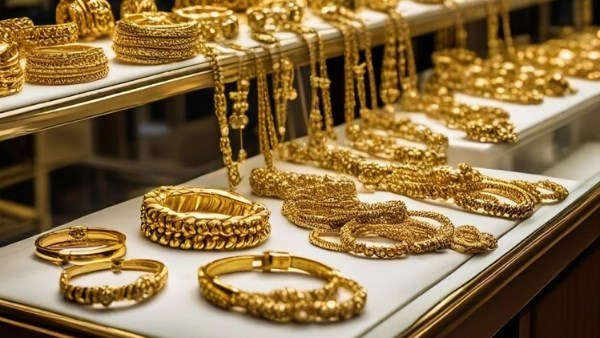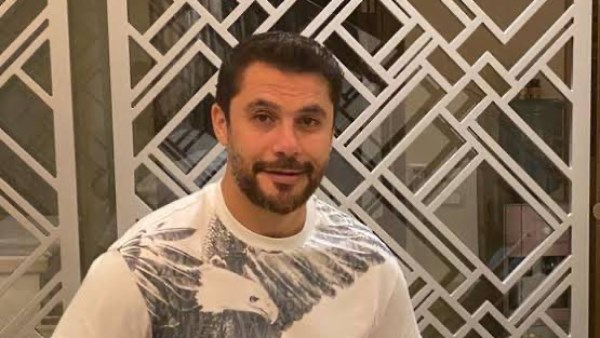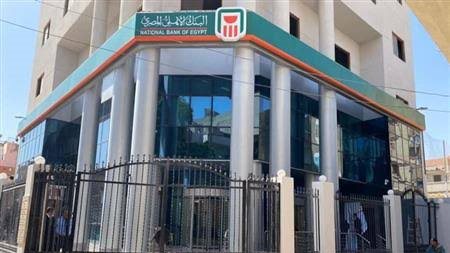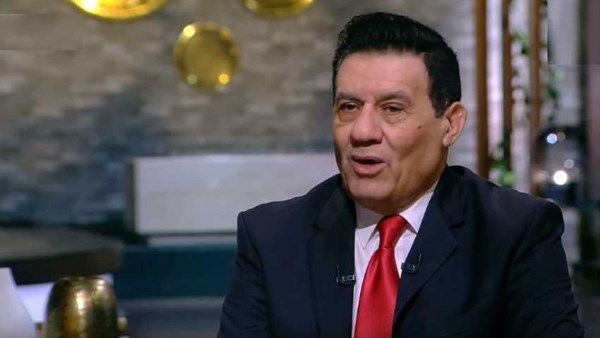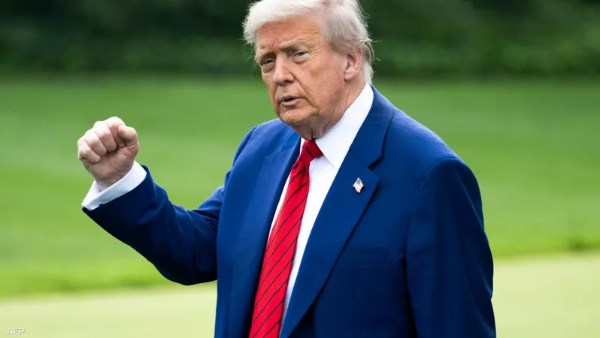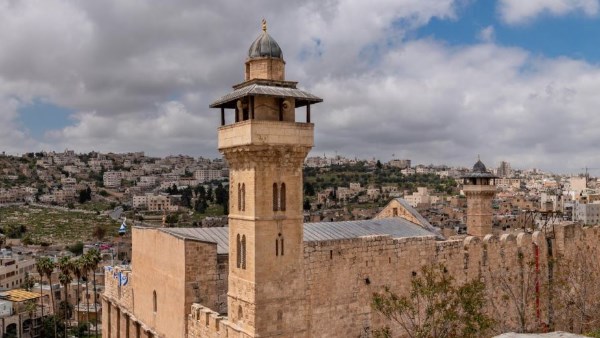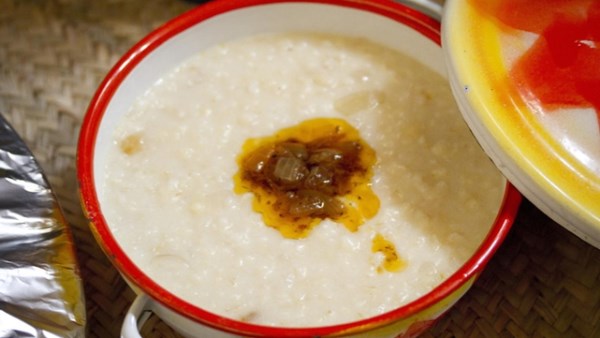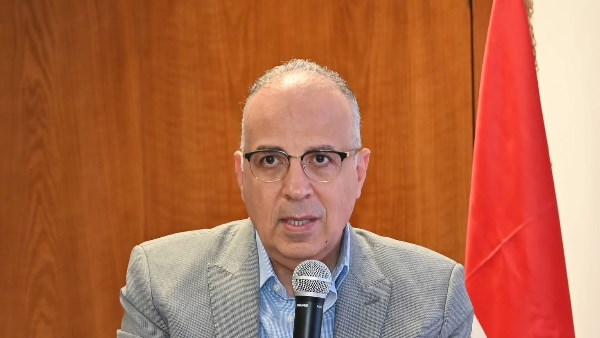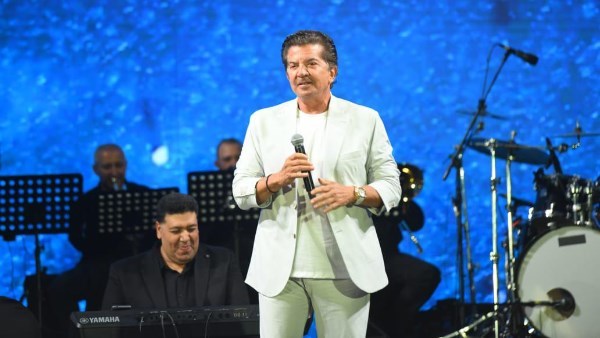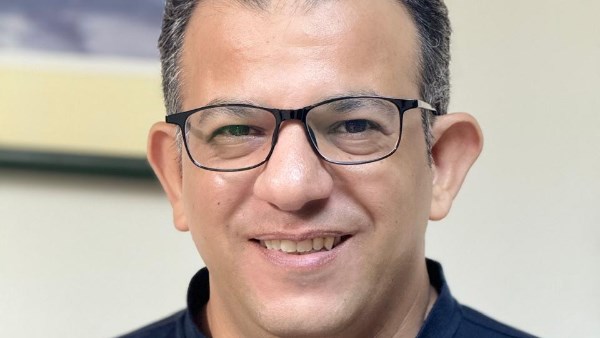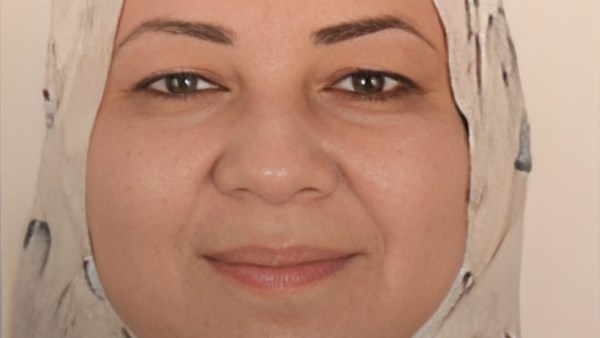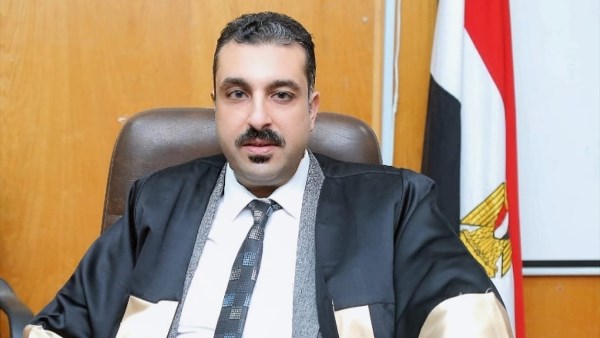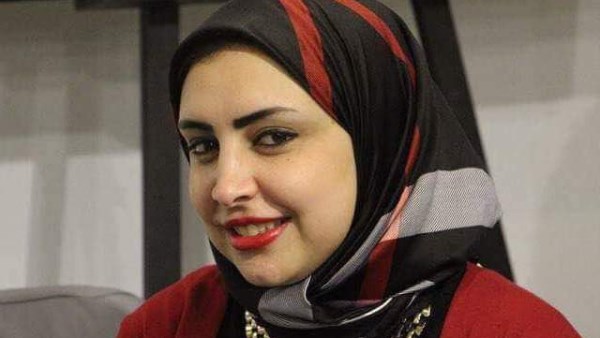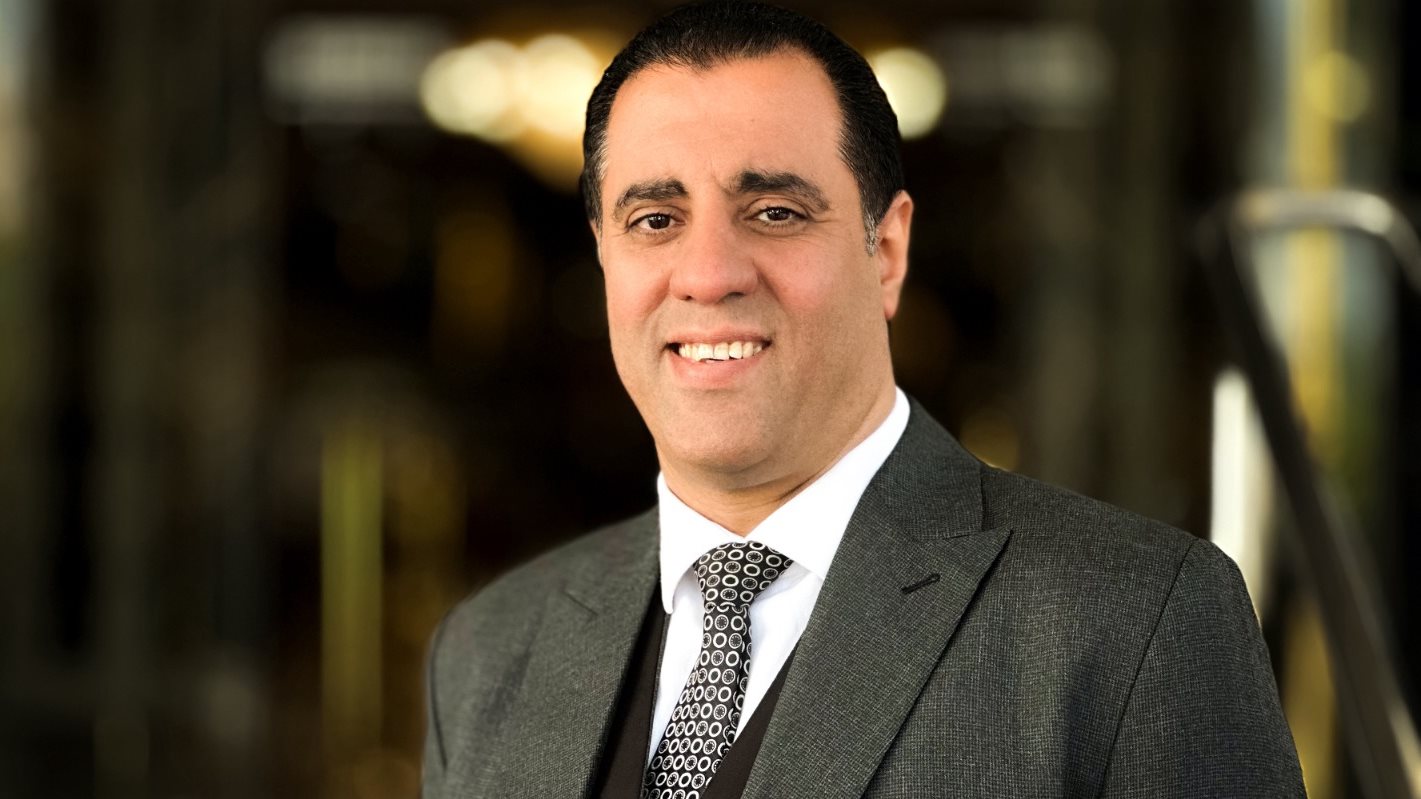Nelson Mandela

The South African activist and former president Nelson Mandela (1918-2013) helped bring an end to apartheid and has been a global advocate for human rights. A member of the African National Congress party beginning in the 1940s, he was a leader of both peaceful protests and armed resistance against the white minority’s oppressive regime in a racially divided South Africa. His actions landed him in prison for nearly three decades and made him the face of the antiapartheid movement both within his country and internationally. Released in 1990, he participated in the eradication of apartheid and in 1994 became the first black president of South Africa, forming a multiethnic government to oversee the country’s transition. after retiring from politics in 1999, he remained a devoted champion for peace and social justice in his own nation and around the world until his death in 2013 at the age of 95.
Nelson Mandela was born on July 18, 1918, into a royal family of the Xhosa-speaking Thembu tribe in the South African village of Mvezo, where his father, Gadla Henry Mphakanyiswa (c. 1880-1928), served as chief. His mother, Nosekeni Fanny, was the third of Mphakanyiswa’s four wives, who together bore him nine daughters and four sons. After the death of his father in 1927, 9-year-old Mandela—then known by his birth name, Rolihlahla—was adopted by Jongintaba Dalindyebo, a high-ranking Thembu regent who began grooming his young ward for a role within the tribal leadership.g and promote the shared interest of humanity.
The first in his family to receive a formal education, Mandela completed his primary studies at a local missionary school. There, a teacher dubbed him Nelson as part of a common practice of giving African students English names. He went on to attend the Clarkebury Boarding Institute and Healdtown, a Methodist secondary school, where he excelled in boxing and track as well as academics. In 1939 Mandela entered the elite University of Fort Hare, the only Western-style higher learning institute for South African blacks at the time. The following year, he and several other students, including his friend and future business partner Oliver Tambo (1917-1993), were sent home for participating in a boycott against university policies.
After learning that his guardian had arranged a marriage for him, Mandela fled to Johannesburg and worked first as a night watchman and then as a law clerk while completing his bachelor’s degree by correspondence. He studied law at the University of Witwatersrand, where he became involved in the movement against racial discrimination and forged key relationships with black and white activists. In 1944, Mandela joined the African National Congress (ANC) and worked with fellow party members, including Oliver Tambo, to establish its youth league, the ANCYL. That same year, he met and married his first wife, Evelyn Ntoko Mase (1922-2004), with whom he had four children before their divorce in 1957.
Mandela and seven other defendants narrowly escaped the gallows and were instead sentenced to life imprisonment during the so-called Rivonia Trial, which lasted eight months and attracted substantial international attention. In a stirring opening statement that sealed his iconic status around the world, Mandela admitted to some of the charges against him while defending the ANC’s actions and denouncing the injustices of apartheid. He ended with the following words: “I have cherished the ideal of a democratic and free society in which all persons live together in harmony and with equal opportunities. It is an ideal which I hope to live for and to achieve. But if needs be, it is an ideal for which I am prepared to die.”
Nelson Mandela spent the first 18 of his 27 years in jail at the brutal Robben Island Prison, a former leper colony off the coast of Cape Town, where he was confined to a small cell without a bed or plumbing and compelled to do hard labor in a lime quarry. As a black political prisoner, he received scantier rations and fewer privileges than other inmates. He was only allowed to see his wife, Winnie Madikizela-Mandela (1936-), who he had married in 1958 and was the mother of his two young daughters, once every six months. Mandela and his fellow prisoners were routinely subjected to inhumane punishments for the slightest of offenses; among other atrocities, there were reports of guards burying inmates in the ground up to their necks and urinating on them.
These restrictions and conditions notwithstanding, while in confinement Mandela earned a bachelor of law degree from the University of London and served as a mentor to his fellow prisoners, encouraging them to seek better treatment through nonviolent resistance. He also smuggled out political statements and a draft of his autobiography, “Long Walk to Freedom,” published five years after his release.
Despite his forced retreat from the spotlight, Mandela remained the symbolic leader of the antiapartheid movement. In 1980 Oliver Tambo introduced a “Free Nelson Mandela” campaign that made the jailed leader a household name and fueled the growing international outcry against South Africa’s racist regime. As pressure mounted, the government offered Mandela his freedom in exchange for various political compromises, including the renouncement of violence and recognition of the “independent” Transkei Bantustan, but he categorically rejected these deals.
In 1982 Mandela was moved to Pollsmoor Prison on the mainland, and in 1988 he was placed under house arrest on the grounds of a minimum-security correctional facility. The following year, newly elected president F. W. de Klerk (1936-) lifted the ban on the ANC and called for a nonracist South Africa, breaking with the conservatives in his party. On February 11, 1990, he ordered Mandela’s release.
After attaining his freedom, Nelson Mandela led the ANC in its negotiations with the governing National Party and various other South African political organizations for an end to apartheid and the establishment of a multiracial government. Though fraught with tension and conducted against a backdrop of political instability, the talks earned Mandela and de Klerk the Nobel Peace Prize in December 1993. On April 26, 1994, more than 22 million South Africans turned out to cast ballots in the country’s first multiracial parliamentary elections in history. An overwhelming majority chose the ANC to lead the country, and on May 10 Mandela was sworn in as the first black president of South Africa, with de Klerk serving as his first deputy.
As president, Mandela established the Truth and Reconciliation Commission to investigate human rights and political violations committed by both supporters and opponents of apartheid between 1960 and 1994. He also introduced numerous social and economic programs designed to improve the living standards of South Africa’s black population. In 1996 Mandela presided over the enactment of a new South African constitution, which established a strong central government based on majority rule and prohibited discrimination against minorities, including whites.
Improving race relations, discouraging blacks from retaliating against the white minority and building a new international image of a united South Africa were central to President Mandela’s agenda. To these ends, he formed a multiracial “Government of National Unity” and proclaimed the country a “rainbow nation at peace with itself and the world.” In a gesture seen as a major step toward reconciliation, he encouraged blacks and whites alike to rally around the predominantly Afrikaner national rugby team when South Africa hosted the 1995 Rugby World Cup.
On his 80th birthday in 1998, Mandela wed the politician and humanitarian Graça Machel (1945-), widow of the former president of Mozambique. (His marriage to Winnie had ended in divorce in 1992.) The following year, he retired from politics at the end of his first term as president and was succeeded by his deputy, Thabo Mbeki (1942-) of the ANC.
After leaving office, Nelson Mandela remained a devoted champion for peace and social justice in his own country and around the world. He established a number of organizations, including the influential Nelson Mandela Foundation and The Elders, an independent group of public figures committed to addressing global problems and easing human suffering. In 2002, Mandela became a vocal advocate of AIDS awareness and treatment programs in a culture where the epidemic had been cloaked in stigma and ignorance. The disease later claimed the life of his son Makgatho (1950-2005) and is believed to affect more people in South Africa than in any other country.
Treated for prostate cancer in 2001 and weakened by other health issues, Mandela grew increasingly frail in his later years and scaled back his schedule of public appearances. In 2009, the United Nations declared July 18 “Nelson Mandela International Day” in recognition of the South African leader’s contributions to democracy, freedom, peace and human rights around the world. Nelson Mandela died on December 5, 2013 from a recurring lung infection.


